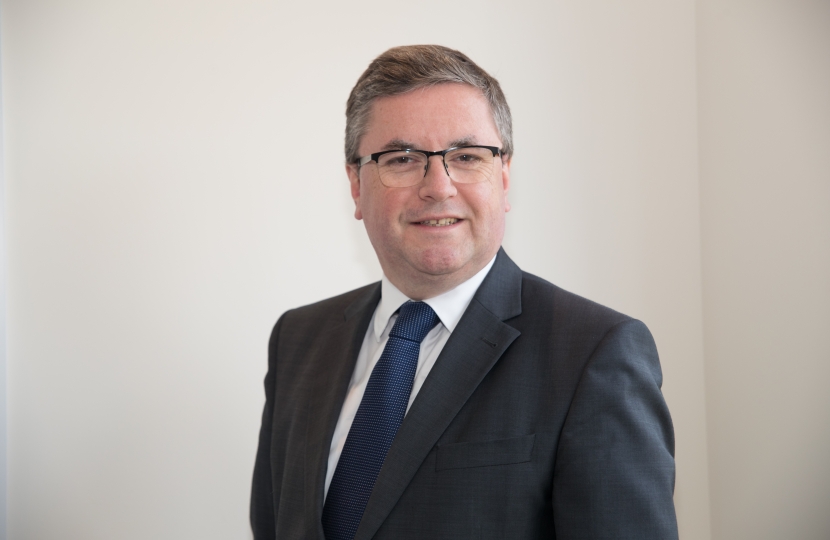
Seventy years ago, physical ill-health was the preoccupation of our fledgling NHS. We believed that with more services, demand would fall. What actually happened was the opposite: a rise in use as services developed in depth and range, with medical research and development leading the way. The initial debate about the very existence of services free at the point of use was effectively ended by visionary politicians such as Iain Macleod, who as Minister of Health in the early fifties achieved his goal of proving then that the Conservatives were not only prepared to keep Bevan’s NHS alive, but that they valued it.
We believe that, once again, that consensus is now firmly in place and that this decade is one of real opportunity. With record investment in the NHS, the focus now needs to move from the overall amount spent on services to precisely how to use that money wisely and with a relentless emphasis on outcomes. Take people with lifelong or acquired brain conditions, often referred to as neurodiversity, for example. The best way to use resources here is in early diagnosis and continuing support that works. The Social Care White Paper is due before the end of this year, and with over half of local government budgets being spent on the care of adults with disabilities, we should all be aiming for a system that genuinely meets the needs of those who use it. Health and care spending need not be a financial black hole.
Around one million people in the UK are autistic. Many of us know, or are aware of friends and families whose lives are touched by this and other brain conditions. Despite this, people with autism still face some of the worst outcomes in our society, continuing to die decades before the rest of the population, and they still have the lowest known employment rates of any disabled group. Autism is still viewed by too many as an illness or a disability with no upsides, all too often neglecting the immense potential that is waiting to be untapped.
Without serious investment in research, we will fail to improve outcomes. To its credit, the Government has recognised this and has committed to improving autism research, innovation, and examples of best practice in its recent updated Autism Strategy. The need to get on with implementing this has never been greater. Every day, anxiety, eating disorders and epilepsies continue to blight and end lives of many autistic people, and too many autistic people are still being detained under mental health provisions with barbaric practices that should have ended decades ago. As part of the Strategy, the Government made a commitment to improve autism research. It needs to start delivering on that right now.
A big gap in research exists in the field of social care for autistic people. We should be planning how to fill this, starting with the use of proven techniques, delivered by properly trained staff, so that support doesn’t end, as does all too often, with diagnosis. We should be seeking to double the employment rate of autistic people over the next ten years, and drastically reduce the alarmingly high number of people with autism in our youth justice, prisons and probation system.
All parts of Government plus the private sector will have to play their part if these ambitions are going to become reality. During our time in the Ministry of Justice, we launched and completed a neurodiversity call for evidence. As a result of that, the Government committed to improving the skills of staff in the criminal justice system, but more work still needs to be done in order to tackle the issues earlier and the ambition should for regular screening in health and education settings to make sure that vital diagnoses are not being missed. Far too often, a child with an undiagnosed condition is excluded from school and ends up in a downward spiral that sees the criminal justice system trying to pick up the pieces of broken lives and spending huge amounts of public money in the process. At every level, this is a waste.
With the revised Autism Strategy, the Government now has an opportunity to level up support for millions of people and their families that have been left behind. Taking action is not only sensible; it is right, too.




